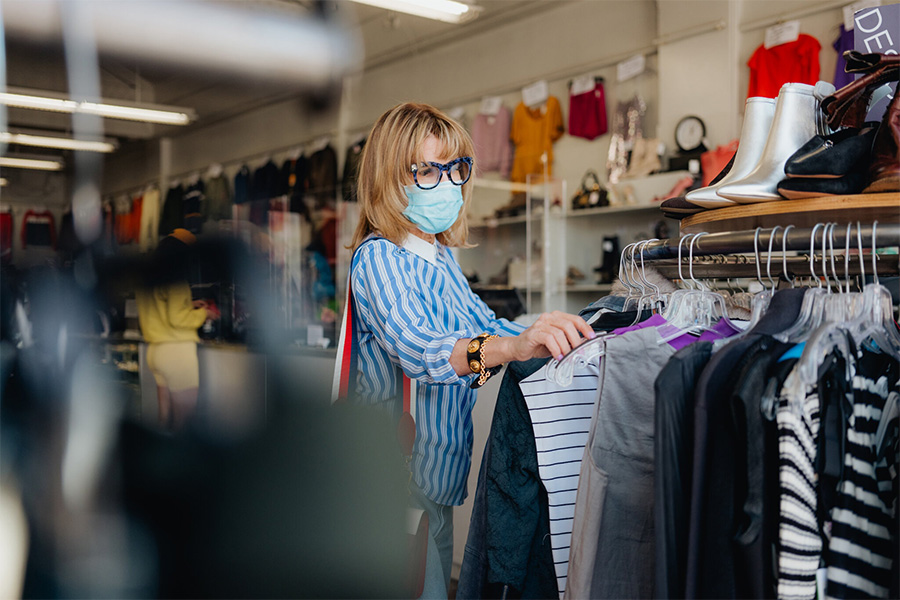Secondhand Shoppers Worry About Their Favorite Local Spots
For the last four months, Laurie Sigelman, an accountant in her late 40s who lives in the Studio City neighborhood of Los Angeles, has been waiting impatiently for her favorite stores on Melrose Avenue to reopen.
It isn’t a fresh pair of Newbury boots from Rag & Bone or a summery sheath from Marc Jacobs that she’s been gunning for, but their timeworn, wallet-friendly counterparts lining the shelves at resale shops like Wasteland and Crossroads Trading Co.
“I’m allergic to paying retail prices,” Ms. Sigelman said over the phone while driving around to check in on her favorite secondhand spots, an almost daily ritual.
The heightened focus on hygiene and worries about contamination since the pandemic have not changed that, she said. “I’ve done my research, and I’m not at all reticent. The virus doesn’t seem to sit on a piece of clothing for very long.”
Ms. Sigelman is one of a select group of shoppers whose loyalty to the secondhand market, with its good deals, ecological cred and emphasis on individual style (in a world dominated by copycat fast fashion), will not be swayed by the coronavirus.
Online resellers like Poshmark and Thredup have thrived during the pandemic, providing the stir-crazy and housebound with an easy closet clean-out option through the mail. But for some secondhand shoppers, nothing can compare to the hunt IRL. Michelle Plantan, a social media director living in Venice who has bought a few items of vintage clothing on online platforms and Instagram over the past few months, said the experience just doesn’t compare to the in-store search.
“There’s so much magic in just browsing and trying on pieces in real life,” Ms. Plantan, 31, said. “And when shopping secondhand or vintage, you really want to see the fabric and quality up close, which is harder to do online.”









